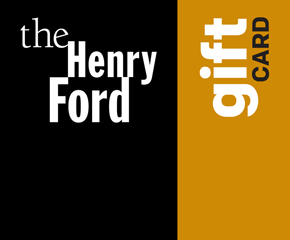
No More Porridge
Curt Bailey
When I was fresh out of design school, I set out to be an expert in product innovation. Decades later, I’ve noticed that I have become an expert in overcoming the barriers to product innovation.
Let me explain.
In my 30-year career, I’ve learned a lot about the sciences of design, engineering, prototyping and tooling. But I’ve come to realize that the secret to product innovation may reside more within a different science—the science of animal behavior.
Neophobia is the fear of the new and different. All animals, including us humans, have been naturally selected to possess this healthy fear and skepticism of “out of the ordinary.” Neophobia keeps us from getting killed or eaten by something we have never seen before. It’s in our nature, and it has probably been reinforced by nurture.
So, while this has been great for the survival of our species, it’s been bad for product developers. It’s rare for an extraordinary new product concept to make it past the first round of traditional consumer research. Extraordinary is a subset of “out of the ordinary.” Ask humans (aka consumers) which new concept they like the best, and they lean toward the one that stands out the least, gravitating to the one most like all the others already on the market.
We believe neophobia is the root cause of the sea-of-sameness that exists in almost every product category today, and why almost every manufacturer is fighting a price war in a field with commoditized competitors and their commodity products—what I call the porridge. With a nod to Goldilocks, these products are not too hot, not too cold, they’re just right. They are also warm, mushy and bland. In their zeal to be just right for everyone, they’re not really special to anyone.
The good news is that we don’t have to be afraid anymore. Armed with an understanding of what’s going on, we can develop processes that will overcome neophobia and its associated risk.
The real risk is to continue to introduce more porridge, more products that seem safe, but serve only to perpetuate their own commodity status.
This interview was originally published in the June-December 2013 issue of The Henry Ford Magazine.


